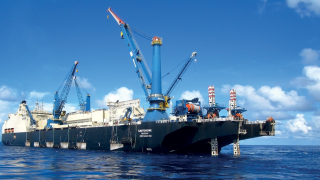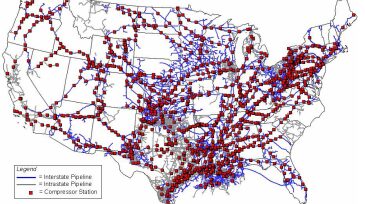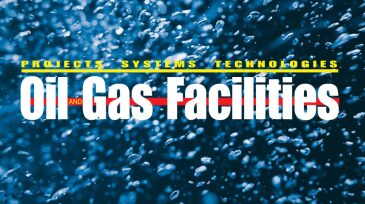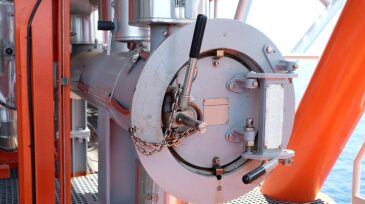Pipelines/flowlines/risers
The awards build on Tenaris’ role in earlier phases of the ultradeepwater Black Sea project.
Engineering, procurement, construction, and installation awards made at the end of 2025 are expanding Saipem’s role in Turkey’s two largest offshore gas fields, plus Saudi Arabia’s Berri, Abu Safah, and Marjan oil fields and Qatar’s North Field gas giant in the Persian Gulf.
The Gorgon Phase 3 project aims to counter declining reservoir pressure to sustain gas supplies to Western Australia’s domestic market and support LNG exports to Asia.
-
This paper discusses the planning and deployment of an expandable-liner-hanger (ELH) system in an offshore high-pressure/high-temperature (HP/HT) well for the first time in the United Arab Emirates (UAE).
-
As the offshore market downturn and bankruptcy take their toll among vessel contractors, industry consolidation and bargain vessel acquisitions take shape.
-
As compressor stations are added to the natural gas gathering and transmission networks, the potential noise issues are coming under increasing public scrutiny at the same time as regulations are being rolled back.
-
This paper considers some of the challenges and learnings associated with the application of chemicals for preservation of coated pipe/flowline for a major liquefied-natural-gas (LNG) project in Australia.
-
Gazprom’s third pipeline to course through the Arctic further decreases Russia’s dependence on using Eastern European countries as thoroughfares to export its gas to markets in Western Europe.
-
The understanding of solid-particle flow regimes in pipelines for any operational conditions is important for identifying the nature of particle interaction and movement. In this paper, a comprehensive analysis of solid-particle flow regimes in stratified flow in a horizontal pipeline is presented.
-
The downturn and lack of investment for new projects are likely to impact the onshore pipeline industry toward the end of the decade. But the long-term drivers for pipeline construction, notably the increased demand for gas in regions such as Asia, remain stable.
-
A study using a dynamic multiphase-flow software simulated a rapid-unloading event and determined the gas fraction in the riser annulus and the effect on riser fluid levels.
-
This paper describes the qualification process for a thermoplastic composite pipe manufactured for use in high-performance riser, jumper-spool, and intervention-line applications.
-
Natural-gas-infrastructure reliability is critical for the energy sector. When capitalizing on old pipelines to transport natural gas, operators run the risk of partial blockage. In this study, the authors develop a multirate test method to detect partial blockage in a gas pipeline.













